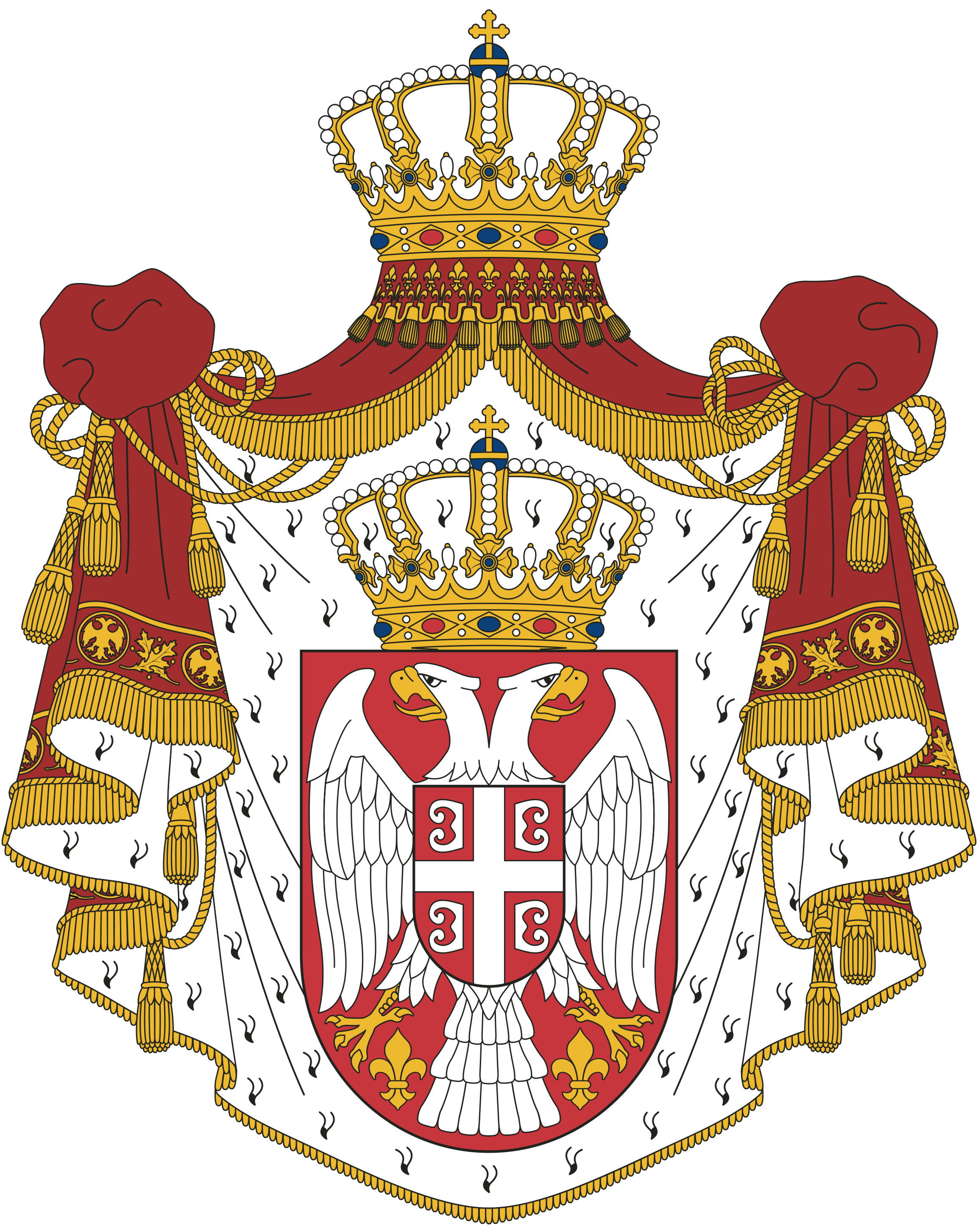INFORMATION ON THE WORK OF THE COURT PROVIDED TO THE PUBLIC is regulated by Article 57 of the Book of Court Rules, which stipulates that in order to provide objective, timely and accurate information to the public about the work of the court and the court proceedings, the President, the judges and the court staff are required to ensure the necessary conditions and an appropriate approach to the media with respect to current information and the cases pending in the court, taking into account the interests of the proceedings, privacy and security of participants in the process.
The time, location and subject of a trial is published daily in a prominent position outside the appropriate courtroom, or provided in another suitable manner.
For trials that generate greater public interest, the court administration provides space that can accommodate a larger number of people. At the order of the Court President, the Panel is obliged to hold a trial in a larger, secured room.
INFORMATION TO THE MEDIA ABOUT THE WORK OF THE COURT AND ABOUT SPECIFIC CASES is provided by the Court President, the person in charge of public relations (the Spokesperson), or the special information service.
Information about the cases that have been finally disposed of by the court, as well as cases that have generated particular interest of the public, must be published at the time stipulated by law or special regulation.
Information and data provided to the public must be accurate and complete. Information that represents a secret according to specific regulations, and protected information the disclosure of which is excluded or restricted by law, are not communicated.
When contacting the public and the media, the means of modern communication will be used in accordance with the material-technical abilities of the court (the press conference room - media center, provision of information via the website, etc.).
Photographing and audio and video recording in the courthouse is allowed only with prior written approval of the Court President, in accordance with a special law.
Photographing and audio and video recording at the hearings for the purpose of public display of the recording is allowed following the approval of the Court President, with the prior consent of the President of the Panel, the judges, as well as the parties and participants in the recorded activity.
In granting permission for photographing and recording, the public interest, the interest of the proceedings, and the privacy and security of participants in the proceedings shall be taken into account.
After obtaining the approval, photographing and audio and video recording in the courtroom will be carried out under the supervision of a judge, in a manner that ensures the unhindered flow of the trial and order in the courtroom.

.jpg)
